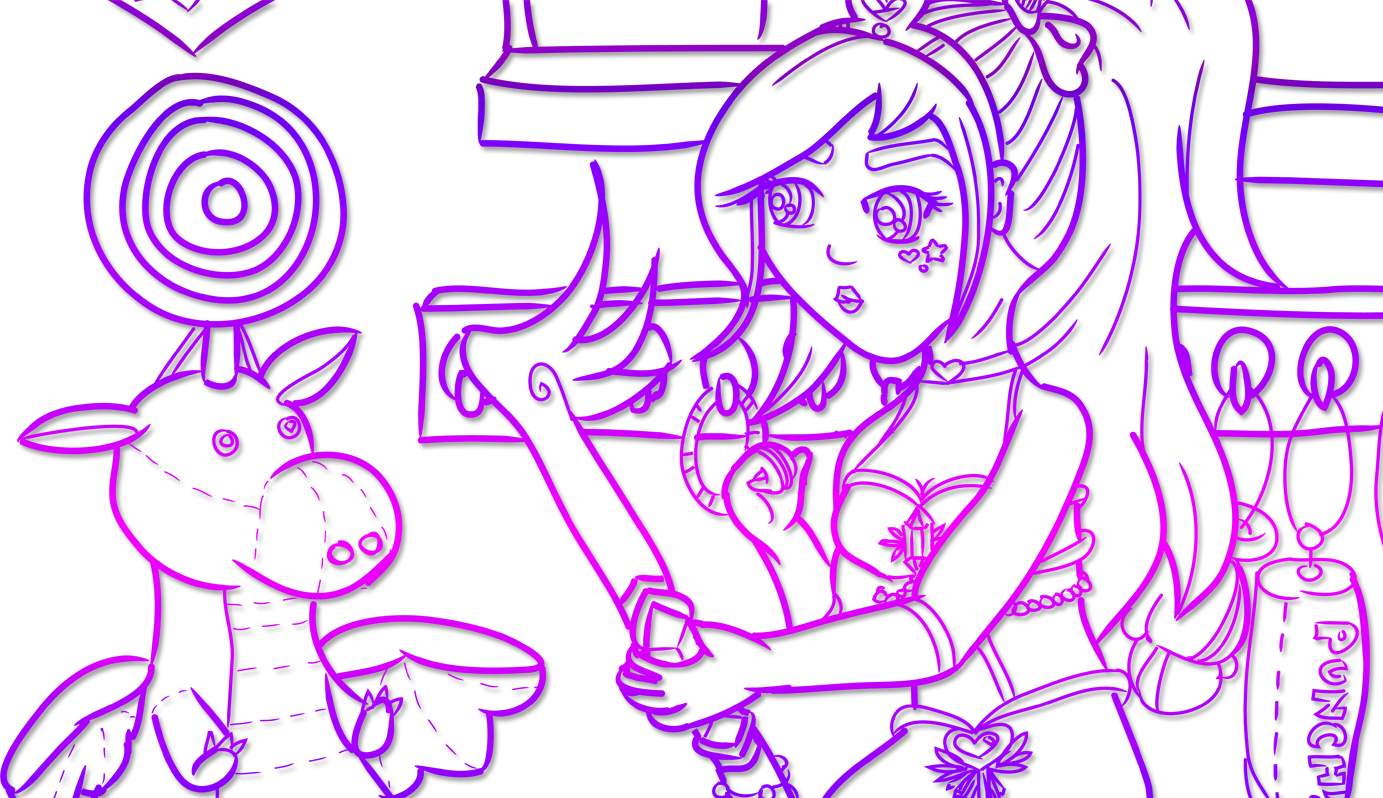One exciting Friday panel was on the topic of “Why Are We Still Geeks?” (we being Computer Scientists – especially women), and more specifically, how we can remedy this perception. The three speakers present were Maria Klawe, Brenda Laurel, and Kim Surkan. Their diversity of backgrounds in computer science, gender studies, and media really brought a depth of discussion to the table.
First to speak was Maria Klawe, and she discussed her personal attempts to remedy this stigma. Much of the discussion came back to media – we don’t see many computer scientists (let alone female ones) in media so we subconsciously disregard that they exist as more than the stereotypes that surround them (geeks, antisocial, etc). Her idea was that a television show following the life of a computer programmer (albeit dramatized in some fashion – not unlike criminal justice in NCIS, anthropology in Bones, behavioral psychology in Criminal Minds, or academia in Big Bang Theory, to list a few) would give public media a more ‘stylish’ concept of the computer programmer. This would allow for a broadening of the stereotype, and through character development in the show, do away with notions of what a computer scientist’s character “must be”. She has poured resources into a nice script, but has so far gotten nowhere – it seems even media is wary to take a chance on something “too fringe” or “too geeky”.
Of course, by this token, there are shows that do showcase computer scientists. Though the lack of media attention may be due to the fact that they either fall into stereotype (Big Bang Theory, the IT Crowd) or the computer scientist is not the main focus. For example, Chuck Bartowski of the NBC series Chuck is the main protagonist and is actually a Computer/Software Engineer – however the caveat is that the show explores his “spy life”, not his life as a computer programmer. Granted, episodes showcase his “hacking” talents, but his real world job beyond the spy life consists of IT service desk help at a Best Buy-like chain store – he is shown as nerdy and over-qualified but stuck until spy work finds him. The depth of character Chuck explores could certainly give a fresh media model for computer scientists – if only they had explored his programming talents more than a backstory and “feature” of his personality.
One of the few “saving graces” to women at least being represented as computer scientists comes from a surprisingly mainstream source: CBS hit series Criminal Minds. For nine seasons, Penelope Garcia has been the “tech goddess” of her BAU unit. Of course, she cracks up to the stereotype of being eccentric and ‘nerdy’ – but she’s loveable and human. She’s incredibly social, she cares deeply for her teammates, and in every regard except for her dress and collection of brightly colored toys she breaks the stereotypical image of a computer scientist on its head. One could even argue her dress, while “different” is still professional – not the ‘typical’ stereotype of hoodie/t-shirt and jeans. And she’s a woman.
Garcia exemplifies why broadcast stations should NOT be afraid to air computer scientists and crack open those stereotypes with a heart melting character. She makes an amazing role model – but of course the caveat is that on a show with as sensitive of material as Criminal Minds discusses, children can’t be exposed to her and thus their notions remain unchanged. Also, she is part of a show with many characters from many backgrounds, and sometimes her story can be a bit “lost in the shuffle”. However, in my eyes she gives hope that the computer science stereotype – even from the perspective of women in field, can be overcome gracefully.
Klawe makes a strong point that was echoed by the speakers after her – paying attention to media representations is critical to changing interest and stereotypes in our field. We may find media to be poor representations or at times superfluous – but they are what is in the public eye and their perception alters the societal perception as a whole. Hopefully change in TV media will come with efforts like Klawe’s and existing strong character models that already work in hit network shows being able to give an extra push to the initiative.
In the meantime I’ll cheer on Garcia every Wednesday night and relive my DVD series of Chuck – hoping for some new computer programmers to show their face and a depthy character archetype that will make me fall in love with not only their profession – but their personality.
“Well, I figured since I’m gonna have to interact with the mass populace, I should dress in the traditional costume of a mere mortal.” – Penelope Garcia, Criminal Minds



